Are you eligible for a health savings account (HSA)?
You must meet the following requirements to be eligible to make tax-free contributions to an HSA:
- You must be covered under a high deductible health plan (HDHP)
- You must have no other medical coverage
- You must not be enrolled in Medicare
- You must not be claimed as a dependent on someone else’s tax return
- You must have a valid Social Security Number
You are disqualified for tax-free contributions if:
- You are enrolled in a federal government plan like Medicare A, B, or D, or Tricare (if you have VA benefits, receiving preventive care services or treatment for a service-related disability from the VA does not disqualify an individual from participating in an HSA)
- Your spouse covers you on an IU plan or another employer’s medical plan unless it is also a high deductible health plan
- Your spouse has a health reimbursement account (HRA) or flexible spending account (FSA) that is unrestricted, and the account could be used to cover your HDHP deductible
You are still eligible for tax-free HSA contributions if your spouse has other medical coverage. However, you cannot be covered on their non-HDHP medical plan or their HRA/FSA plan and still be eligible for tax-free HSA contributions.
If you are ineligible for tax-free HSA contributions, you can waive the HSA and still enroll in an HDHP.


